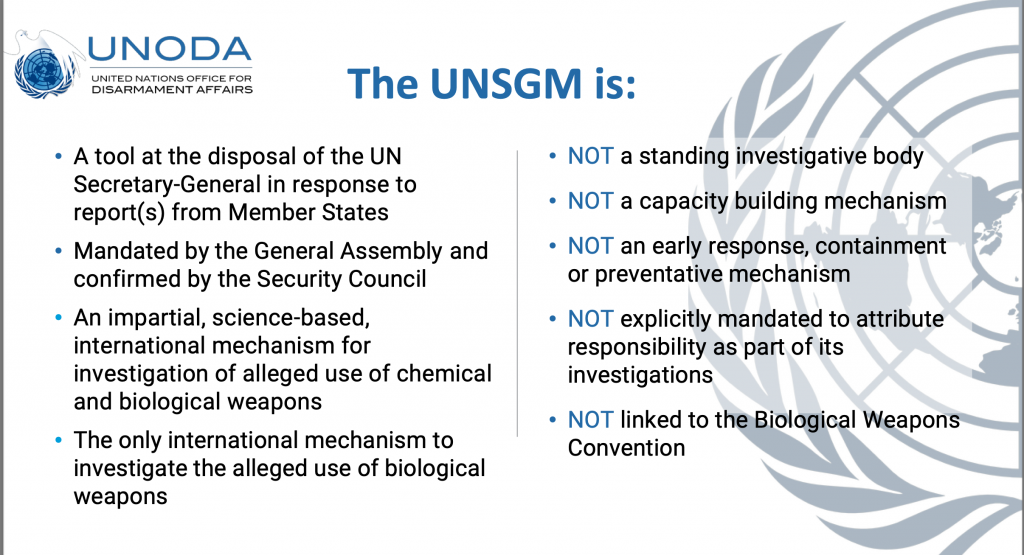I noticed that the AEOI still has Iran’s Policy on Nuclear Non-proliferation and Disarmament on its website:
A- Statement of the Founder of the Islamic Republic of Iran
After the triumph of the Islamic Revolution, the Islamic Government carried out a review on all bilateral, multilateral contracts and treaties. The founder of the Islamic Republic of Iran, the late Imam Khomeini, on a number of various occasions condemned nuclear weapons. In 80s, during public visit, addressing the audience and the world public at large, he said: “… if they continue to make huge atomic weapons and so forth, the world may be pushed into destruction and the major loss will afflict the nations. Everybody, wherever he is, the writers, intellectuals and scholars and scientists throughout the world should enlighten the people of this danger, so that the masses of people will standup vis-à-vis these two powers themselves and prevent the proliferation of these arms.”
B- Statement of the Supreme Leader of the Islamic Republic of Iran
The Islamic Republic of Iran regards use of nuclear and chemical weapons as a cardinal and unforgivable sin. We raised the slogan “Middle East free from nuclear weapons”, and we remain committed to this slogan. This slogan does not mean giving up our right to peaceful uses of nuclear energy and production of nuclear fuel. Peaceful use of nuclear energy is the right of all nations in accordance with rules of international law. All nations should be able to use this clean energy for vital uses in the country and for the people. They need not be dependent on others in exercising this right. Certain western countries that unlawfully possess nuclear weapons want to keep the monopoly of nuclear fuel production for themselves. A surreptitious movement is evolving these days to create a permanent center with an international name and appearance, but in fact in the permanent hands of few western countries, for the monopoly of production and sale of nuclear fuel.
Islamic Republic of Iran has never sought nuclear weapons and will not surrender the right of its people to peaceful use of nuclear energy. Our motto is “Nuclear energy for all, nuclear weapons for none”. We will insist on this motto and know that breaking the monopoly of few western countries in production of nuclear energy in the framework of NPT is good for all sovereign nations, including member states of the Non-Aligned Movement.

